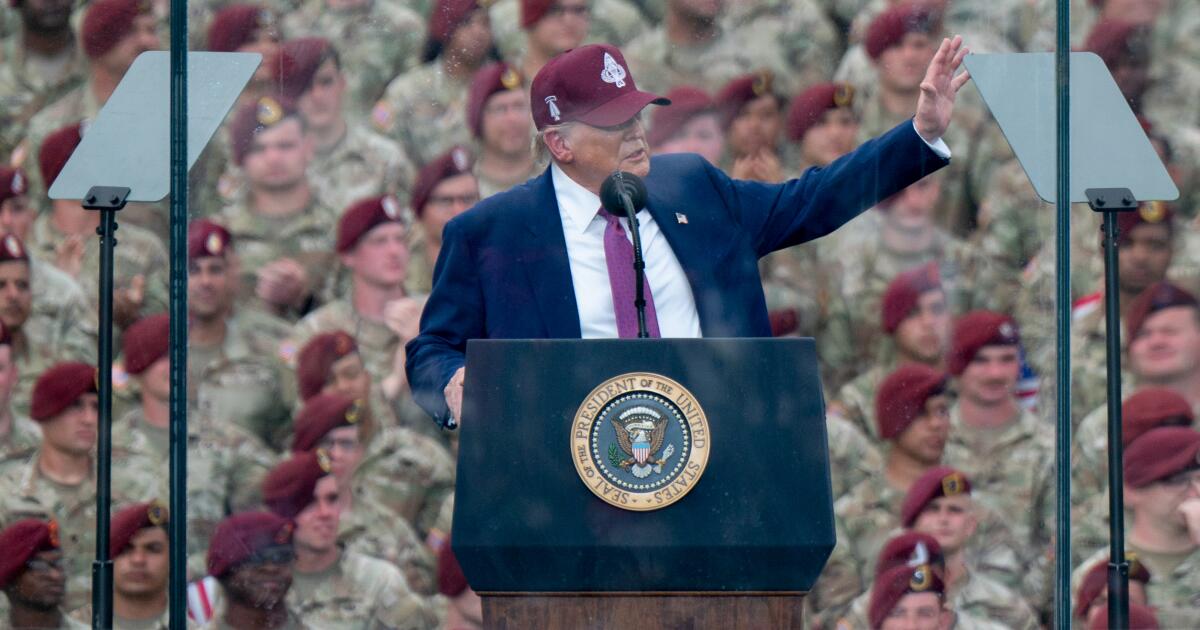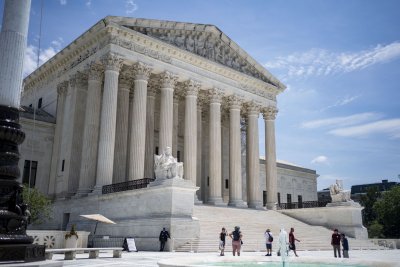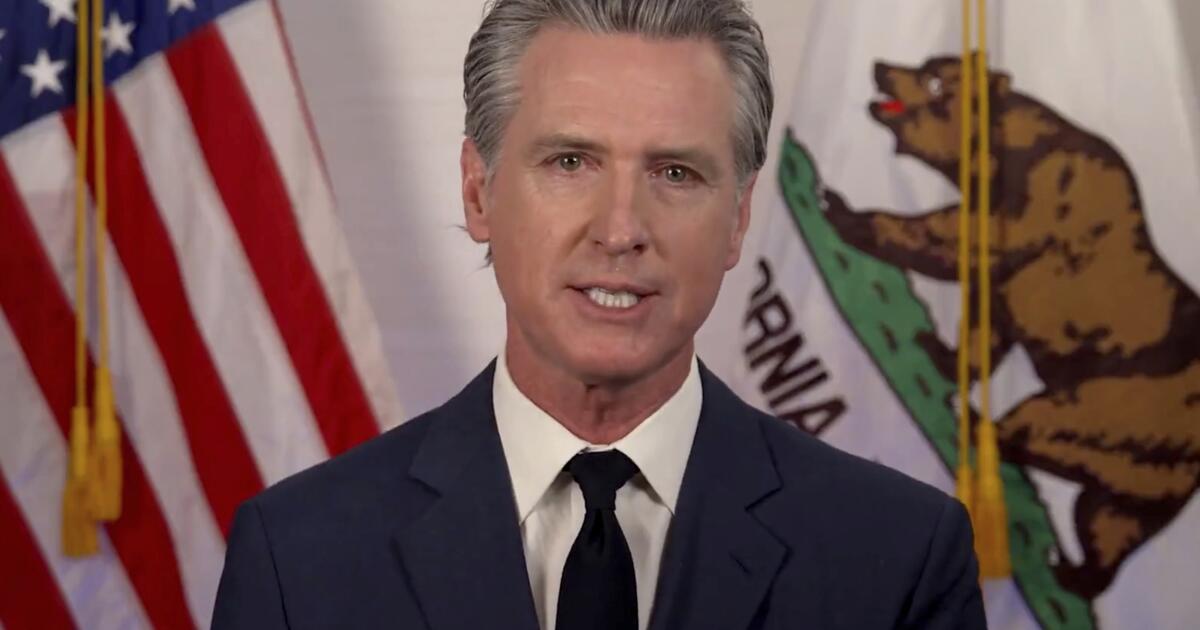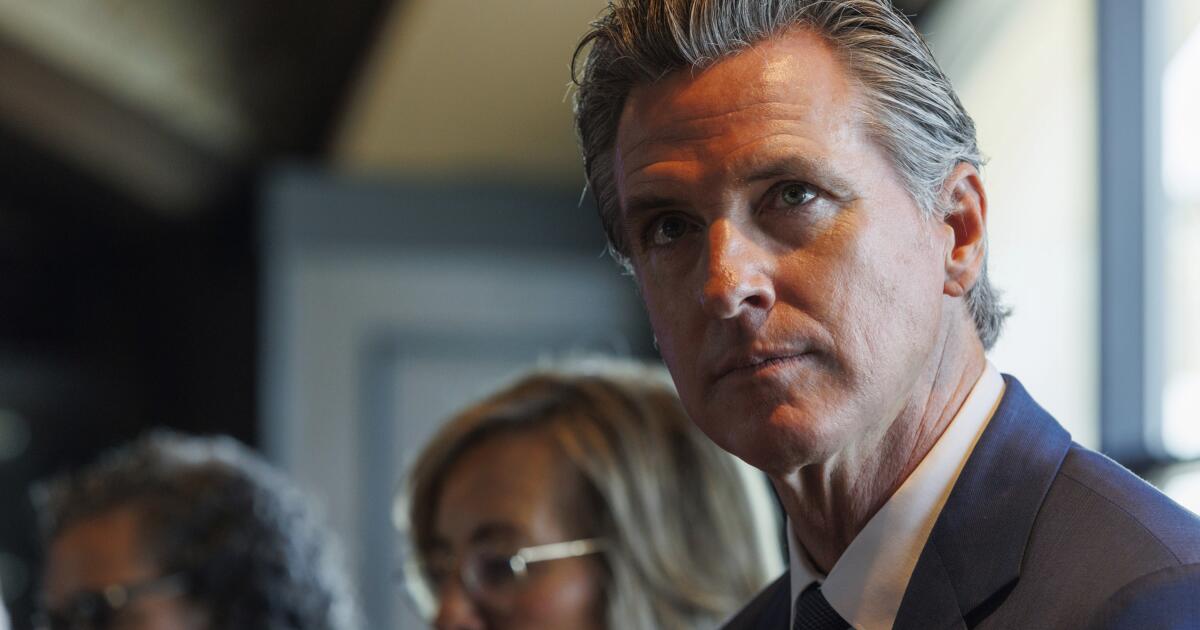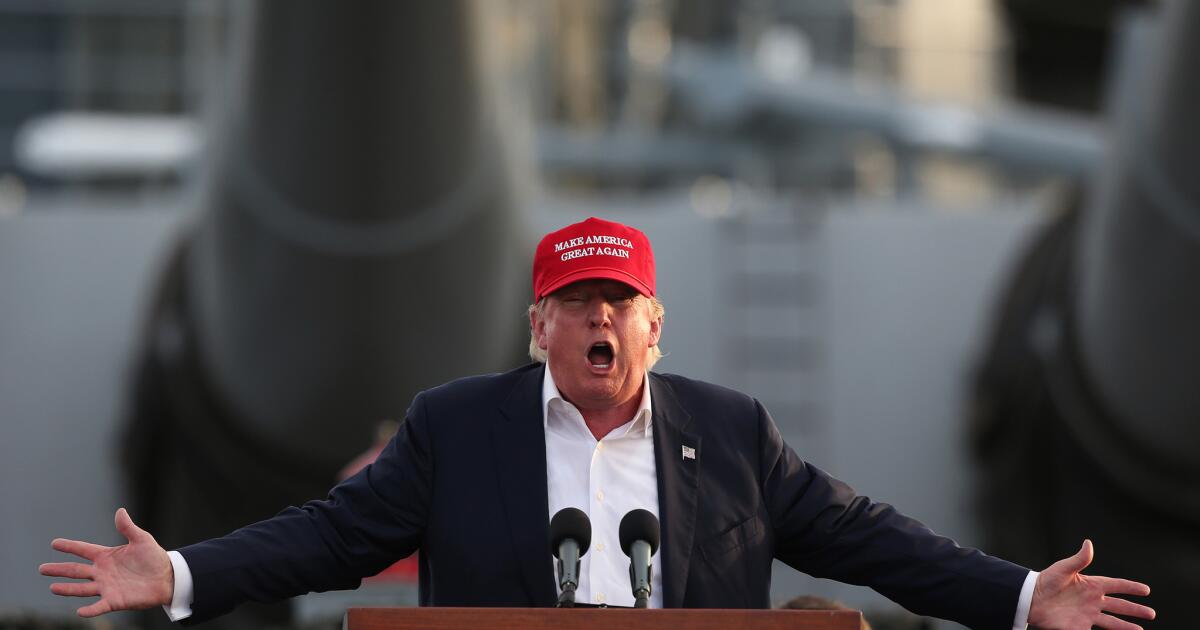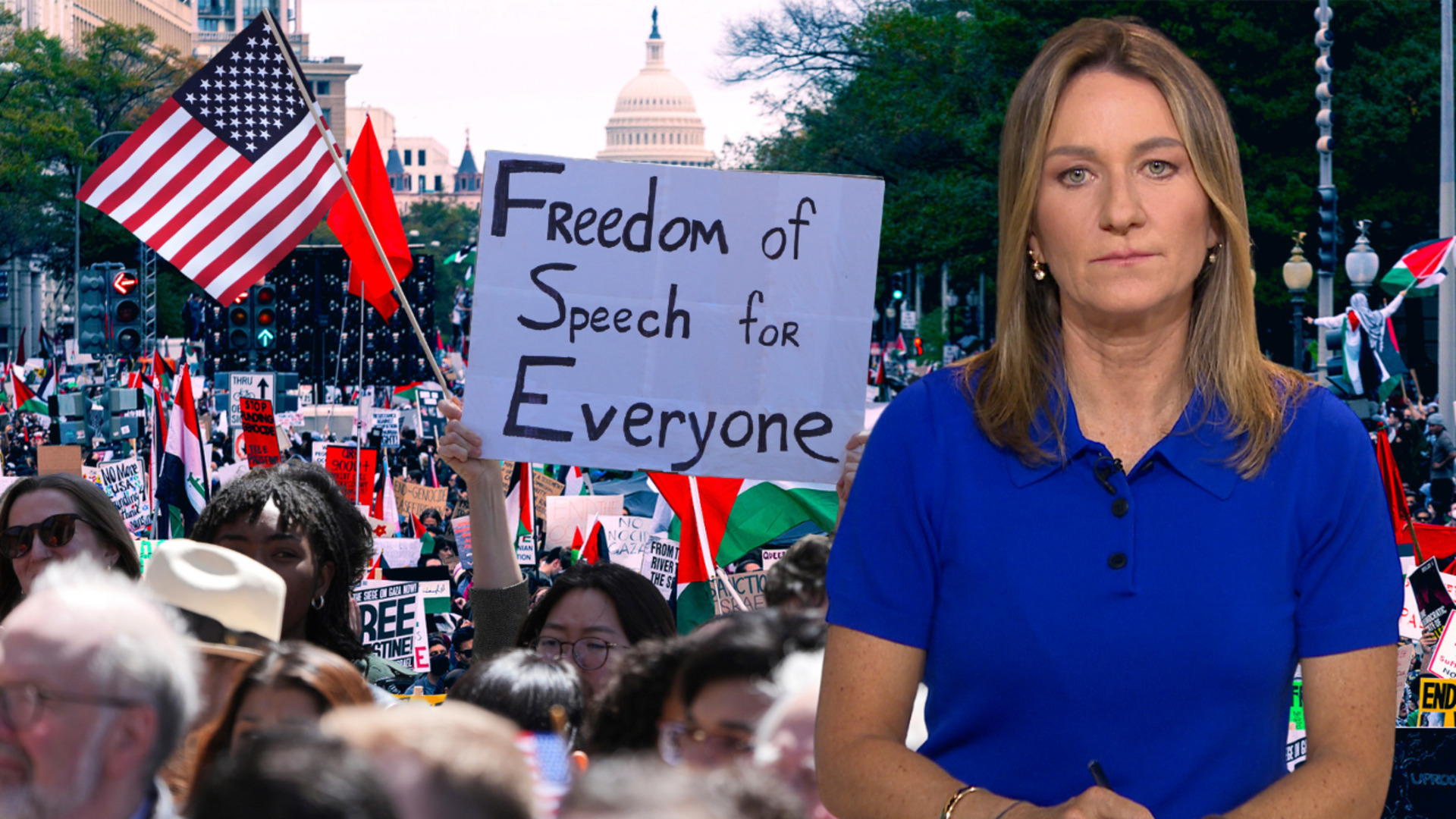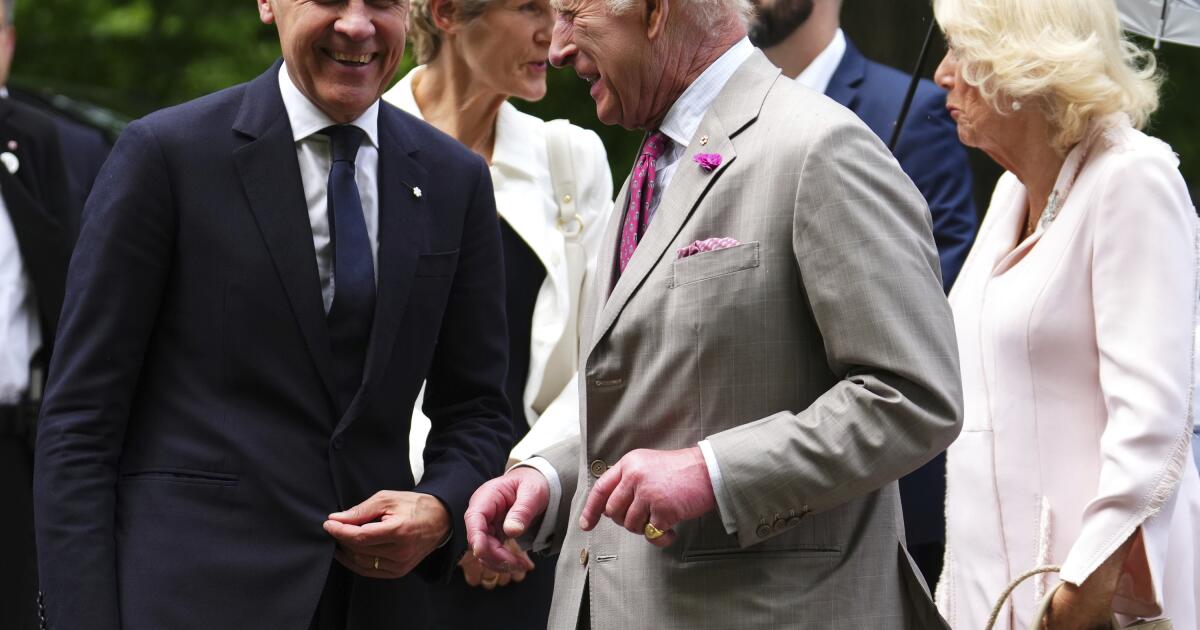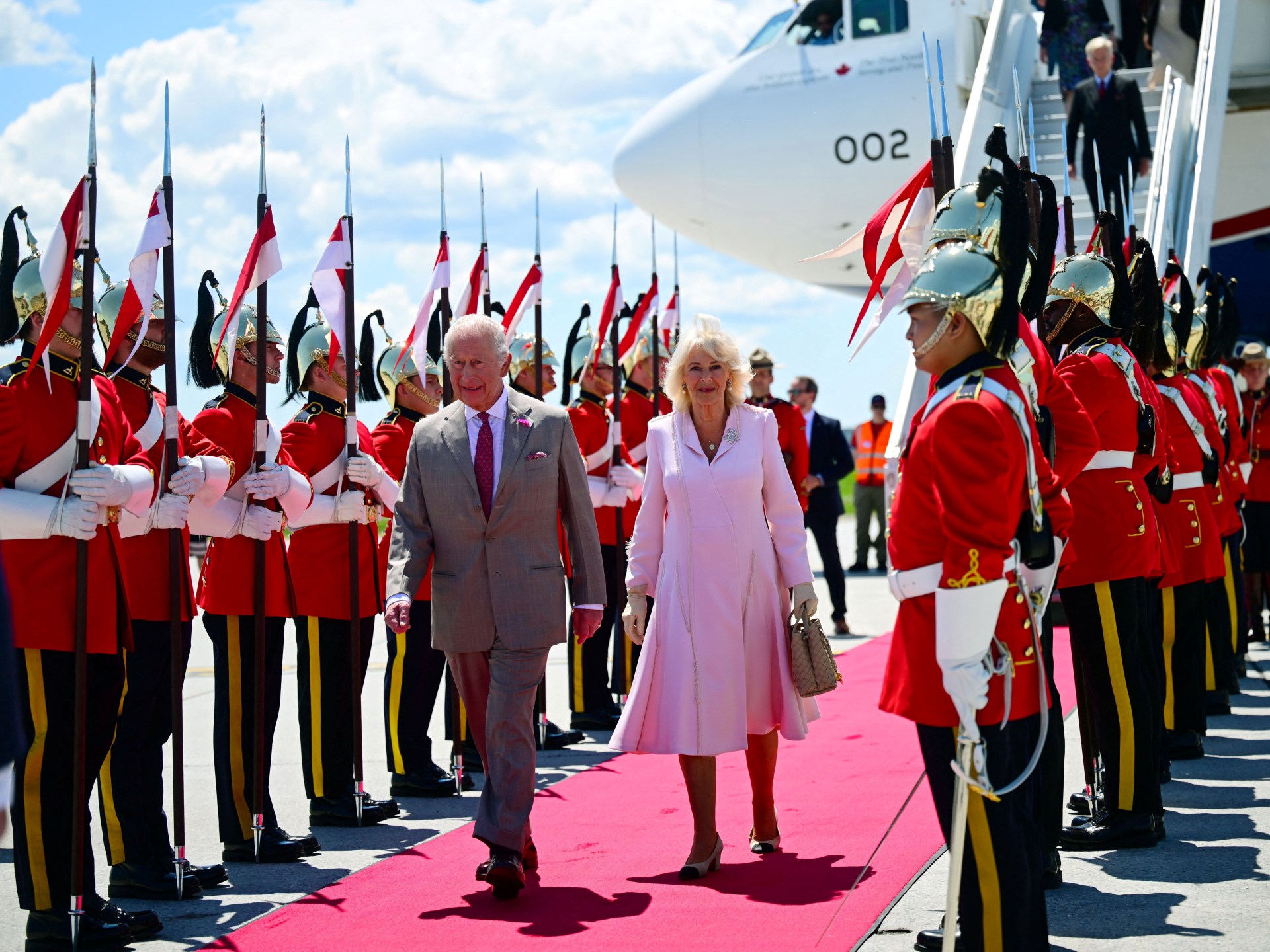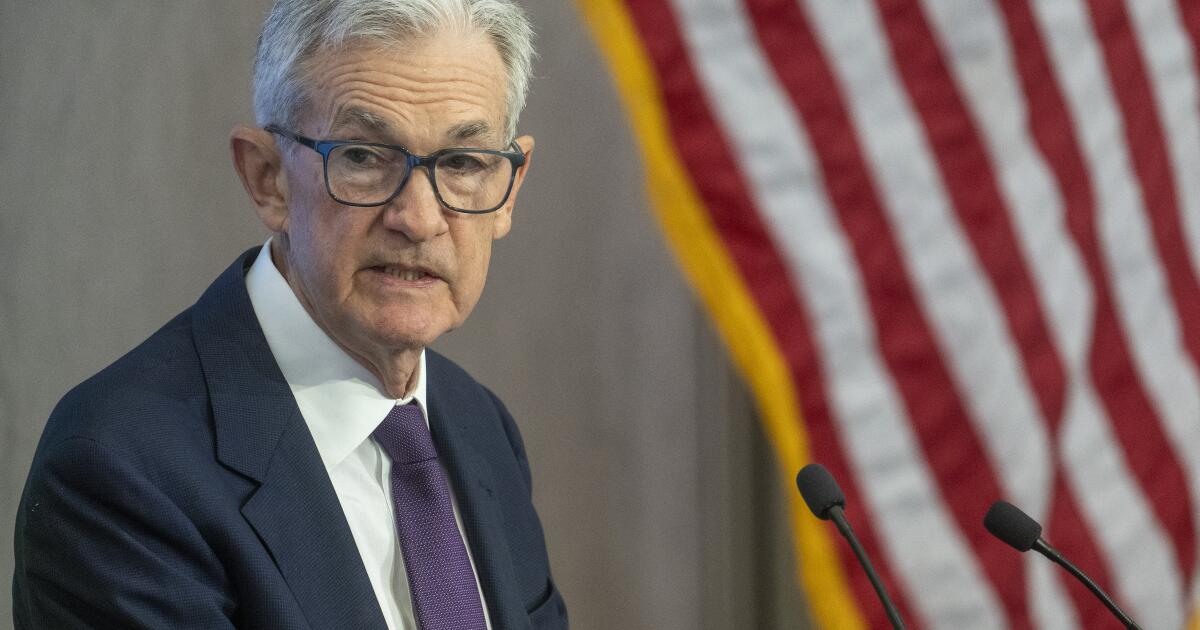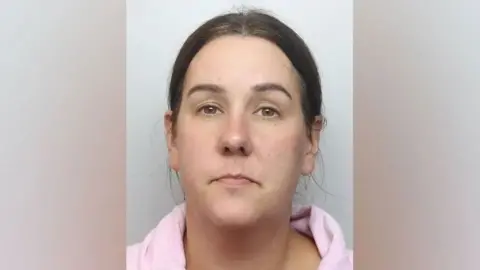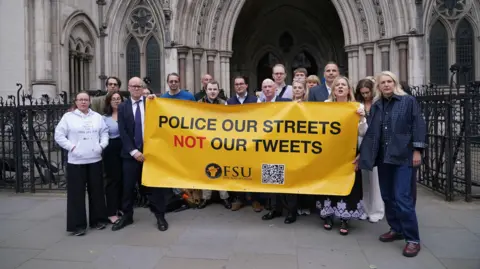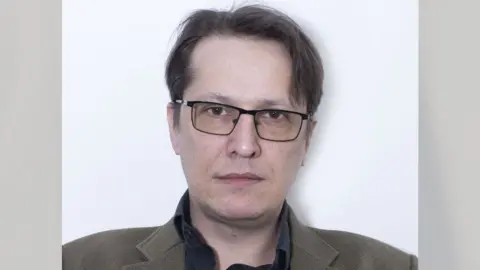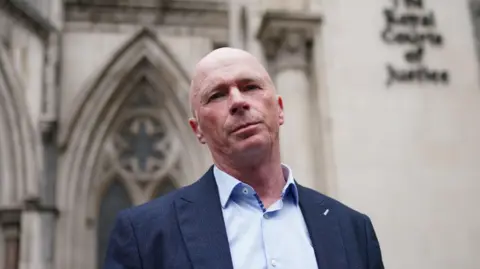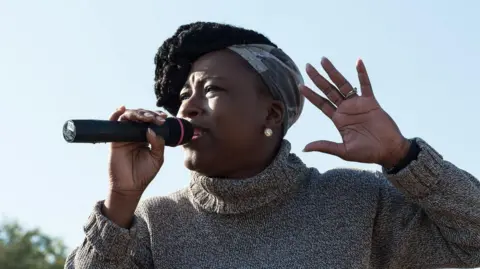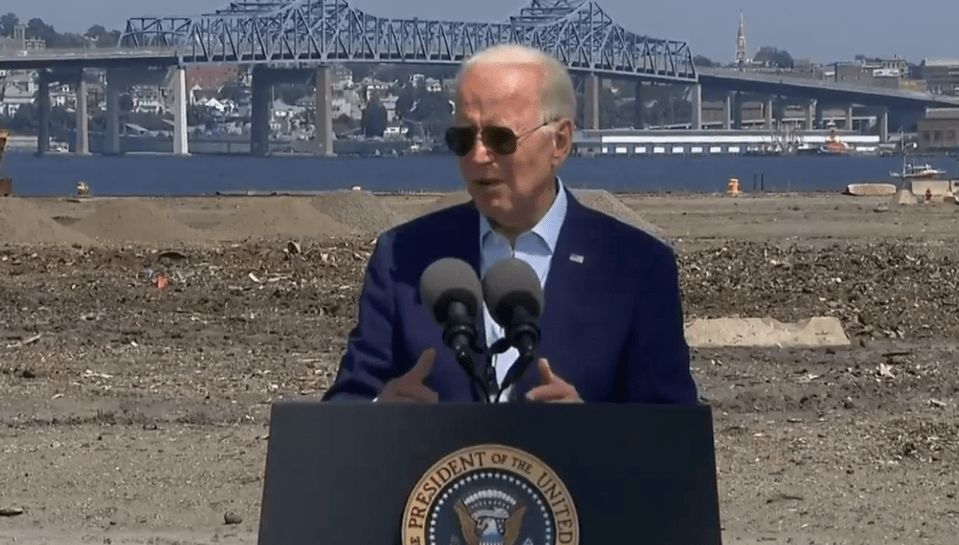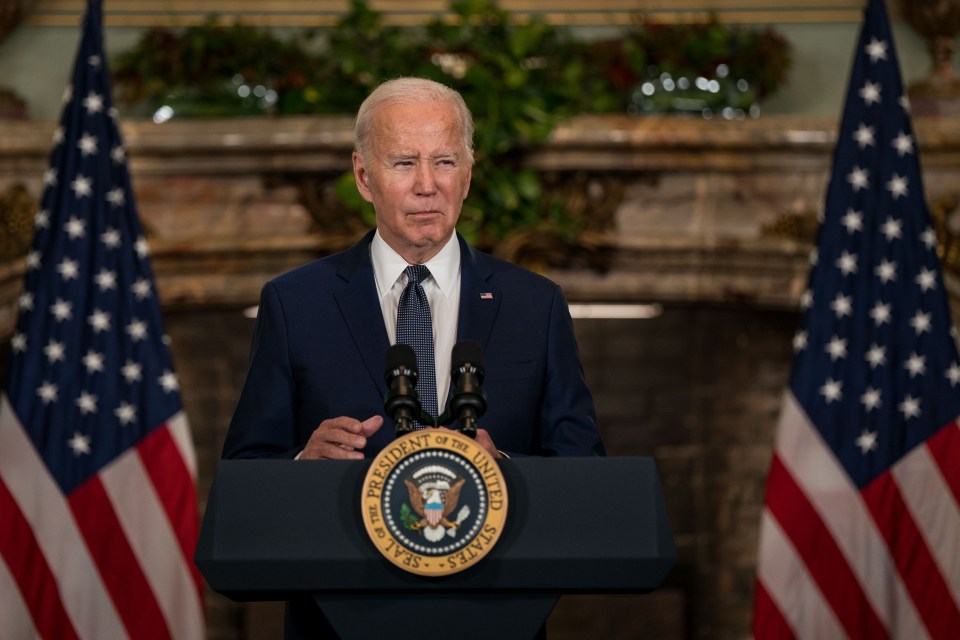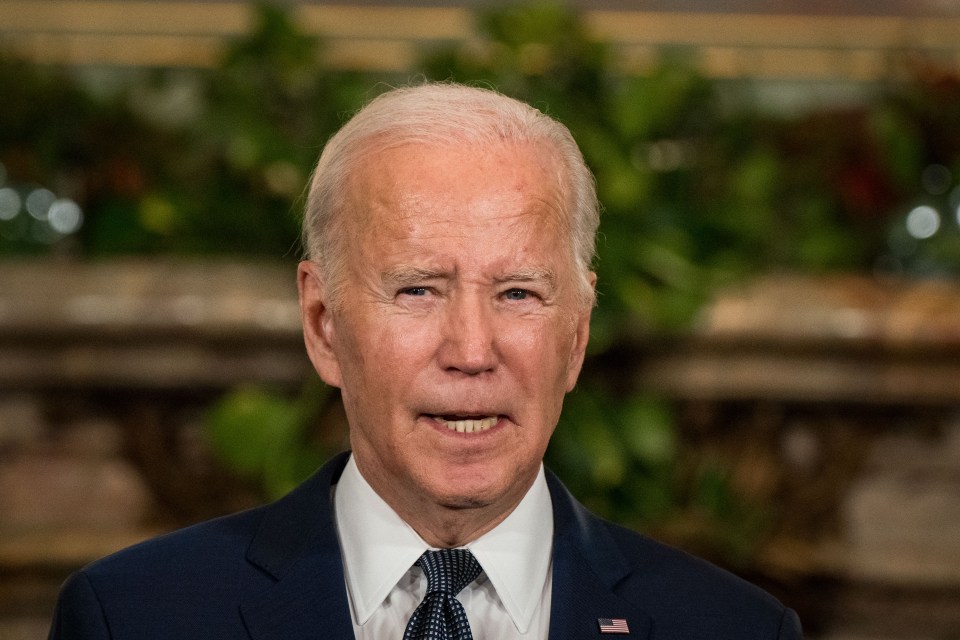Contributor: The awful optics of uniformed troops cheering Trump’s partisan applause lines
This past week Defense Secretary Pete Hegseth and President Trump spoke at a rally. Trump’s speech seemed familiar: Disparage Los Angeles (“trash heap”). Criticize Gov. Gavin Newsom and Mayor Karen Bass (“incompetent, and they paid troublemakers, agitators and insurrectionists”). Restate grievances about the 2020 election (“rigged and stolen”). Chide the crowd to support the “One Big Beautiful Bill Act” (“You better push your favorite congressmen”).
But this speech was different from his others. The location was Ft. Bragg in North Carolina — and the audience was mostly soldiers from the 82nd Airborne Division, the “All Americans.” Internal unit communications revealed soldiers at the rally were screened based on political leanings and physical appearance. “If soldiers have political views that are in opposition to the current administration,” the guidance advised, “and they don’t want to be in the audience then they need to speak with their leadership and get swapped out.”
So what followed was to be expected. A sea of young soldiers in uniform — selected for their preference for the president — cheering and clapping for partisan commentary. This obviously violates Defense Department regulations. Heck, it’s even spelled out in a handy Pentagon FAQ:
Q. Can I ever wear my uniform when I attend political events?
A. No; military members must refrain from participating in political activity while in military uniform in accordance with both DoDD 1344.10 and DoDI 1344.01. This prohibition applies to all Armed Forces members.
But what happened during Trump’s appearance at the Army base is worse than breaking regs. The commander in chief forced an important unit to choose sides. He broke the All Americans in two. In essence, his statement to the troops there was: “Those who like me and my politics, come to my rally. The rest of you — beat it.” (Maybe we should start calling them the “Some Americans.”)
Imagine what it was like the day after. The soldiers who chose not to attend wondered how their next rating would go. Some lieutenant from California worried if his commander now has a problem with where he’s from — and is checking whether he was at the rally. Maybe it’s better if he wasn’t, and he instead chose to abide by Defense regulations?
No matter which way you lean, that speech injected partisan acid into the 82nd Airborne. And it will drip down and corrode from the stars at the top to the lowest-ranking private.
Militaries require extraordinary cohesion to function in combat. For those of us who’ve chosen this profession, one thing is burned into our brains from that very first day our hair’s shorn off: We’re all we’ve got. There’s nobody else. When you are hundreds and thousands of miles away from everyone else you’ve ever known, and you’re there for weeks and months and a year, you realize just how important the person next to you is, regardless of where they’ve come from, who their parents are, or whether their community votes red or blue.
Fighting units are like five separate fingers that form a fist. Partisan acid burns and weakens our fist.
Then there are the indirect effects. This speech damaged the military’s standing with a large swath of America. The image of soldiers cheering the partisan applause lines of a commander in chief who just sent thousands of troops to Los Angeles over the state’s objections? Not a good look.
These optics risk ruining the military’s trust with roughly half of America. The military is the last remaining federal institution that a majority of Americans trust “a great deal.” But it’s been slipping since the last Trump administration and may fall under 50%. Yet the military requires firm trust to fund and fill critical needs.
That’s important because not everyone wants to serve in the military. Many would prefer not to think about the expected self-sacrifice, or the daily discomforts of military discipline. Moreover, not everyone is even able to serve in the military. Roughly three-quarters of young Americans can’t qualify.
What if someone who would have been the next Mike Mullen — Los Angeles native, Navy admiral and former chairman of the Joint Chiefs — gets turned off by this rally and opts against the Naval Academy?
Then zoom out a little. What if much of California takes offense at this speech, not to mention at the soldiers and Marines so recently forced upon the local and state governments?
California hosts more active-duty troops than any other state — by a wide margin. It’s also the biggest donor state in the country, contributing $83 billion more to the federal government than it receives. The bases and other strategic locations up and down the Pacific Coast are beyond value. California is America’s strong right arm.
To sever California’s support for the military is simply unthinkable. It just can’t happen. We’ve got to fix this.
The first fix is simple. Hold troops to the accepted standards. Hegseth’s most recent book argued that the Defense Department has “an integrity and accountability problem.” Here’s the secretary’s chance to show America he stands for standards.
But we know mistakes happen, and this could become a powerful teachable moment: When the commander in chief orders troops to such an event, the only acceptable demeanor is the stone cold silence the generals and admirals of the Joint Chiefs display at the State of the Union, regardless of their politics and regardless of what the president is saying. Just a few years ago, two Marines in a similarly awful situation did just this right thing.
A further fix calls for more individuals to act: The roughly 7,500 retired generals and admirals in America need to speak up. The military profession’s nonpartisan ethic is at a breaking point. They know the old military saying: When you spot something substandard, and you fail to correct it, then you’ve just set a new standard.
The reason many of these retired senior officers often don’t speak out is their fear that defending neutrality risks having a political impact. Yet their continued silence carries a grave institutional effect — the slow-motion suicide of the profession that gave them their stars.
The president mentioned Confederate Gen. Robert E. Lee in his speech, and it’s too bad his speechwriter didn’t include a certain anecdote that would’ve fit the occasion. When the Civil War was over and terms were being agreed upon at Appomattox Court House, Lee noticed Col. Ely Parker, a Tonawanda Seneca man serving on Lt. Gen. Ulysses S. Grant’s staff. Lee quipped, “I am glad to see one real American here.”
To which Parker replied, “We are all Americans.” Since that very moment, we’ve been one country and one Army, All Americans, indivisible and inseparable from society.
If only we can keep it.
ML Cavanaugh is the author of the forthcoming book “Best Scar Wins: How You Can Be More Than You Were Before.” @MLCavanaugh
